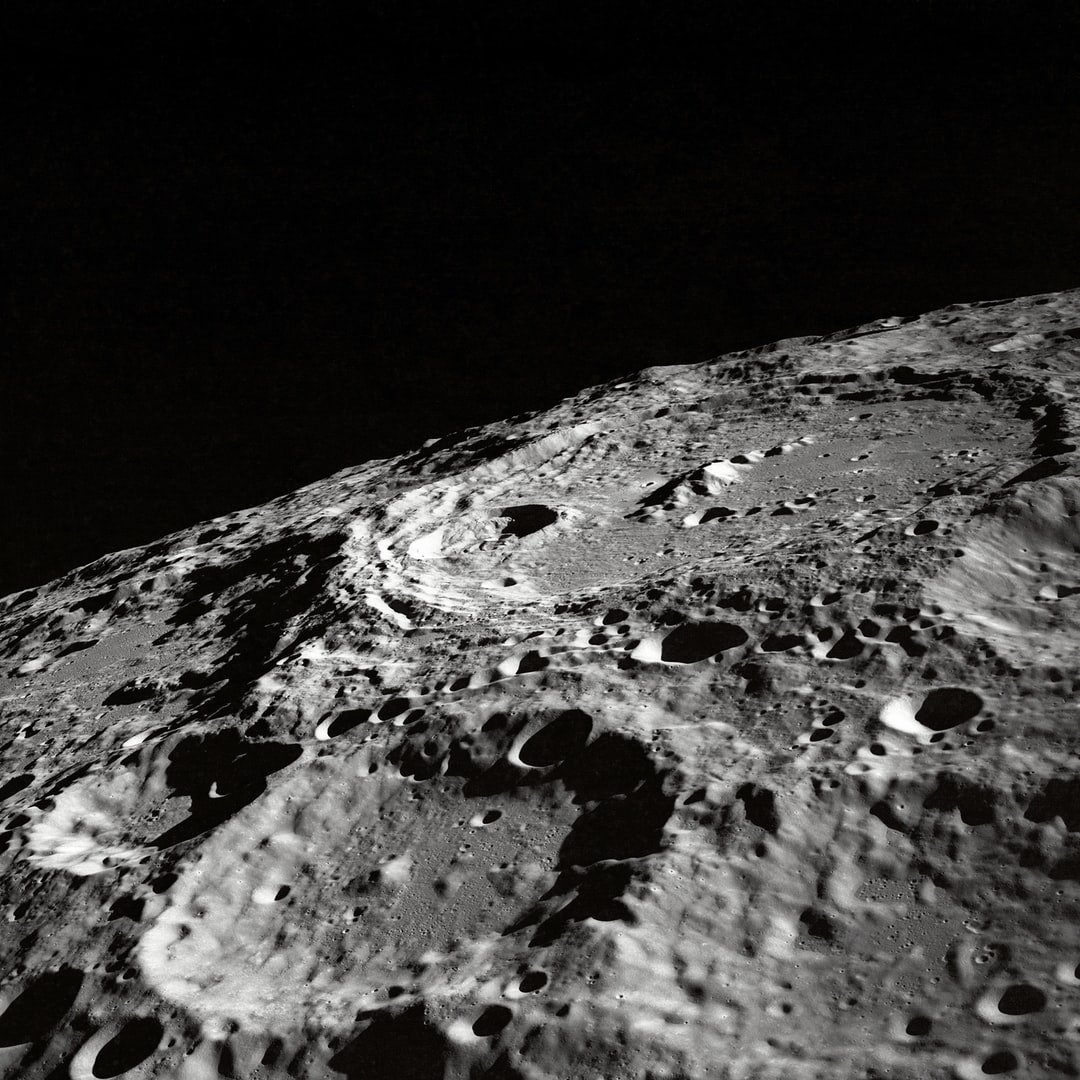NASA’s Perseverance rover discovered that Jezero Crater's flooring is comprised of igneous or volcanic rocks that have indeed been in with water.
In the initial year investigating Mars, NASA's Perseverance rover has made the surprising discovery of volcanic or igneous rocks on the Jezero Crater's botom, suggesting the existence of historical water, findings which may lead scientific researchers to establish if life on the red planet was at any time habitable.
These volcanic rocks found by Nasa's Perseverance Mars rover on the bed of Mars’ 3.7-billion-year-old Jezero Crater are providing an alluring clue to how the Martian climate changed.
Scientific researchers had a revelation when NASA's Perseverance Mars rover commenced reviewing rocks on the floor of Jezero Crater in spring of 2021: For the reason that the crater held a lake billions of years ago, they had expected to find sedimentary rock, that would have formed when sand as well as mud settled in a once-watery setting. Actually, they found the floor was composed of two sorts of igneous rock, one that formed deep under the surface from magma, the additional from volcanic surface activity.
Igneous rocks are exceptional timekeepers: Crystals within them record details pertaining to the precise instant they formed.
Read even more informative news on News24Ghante
